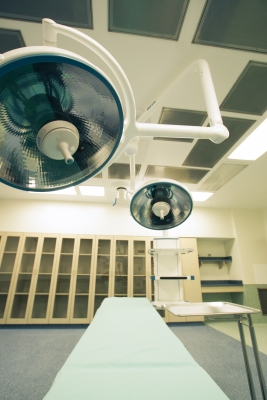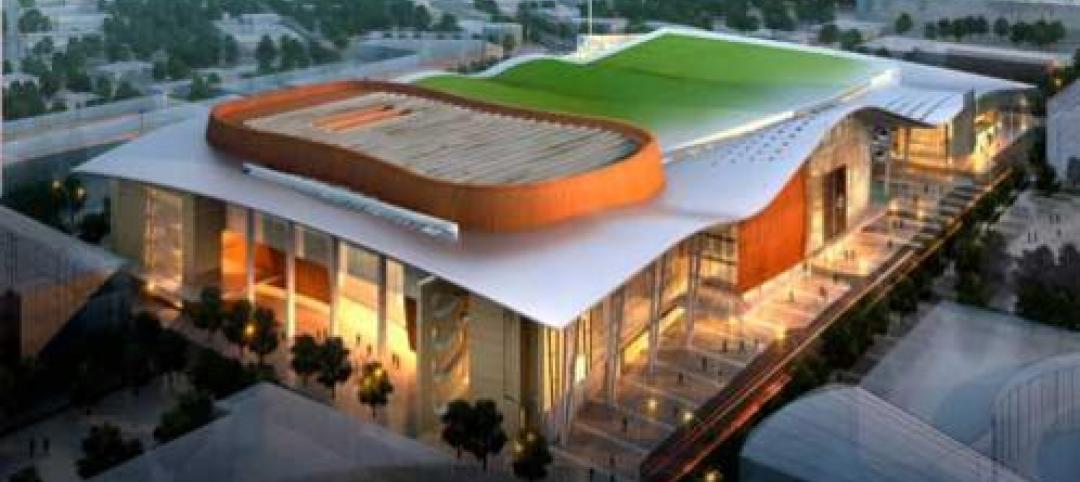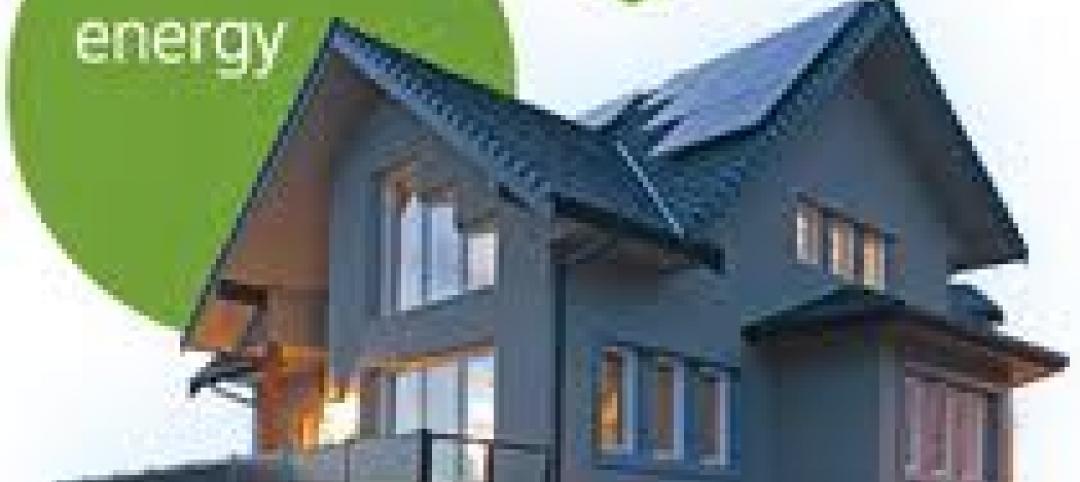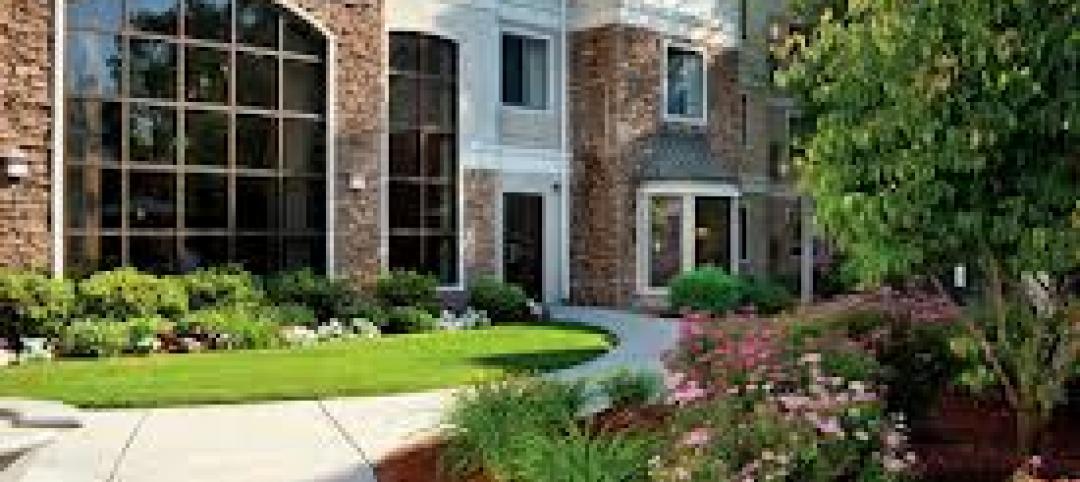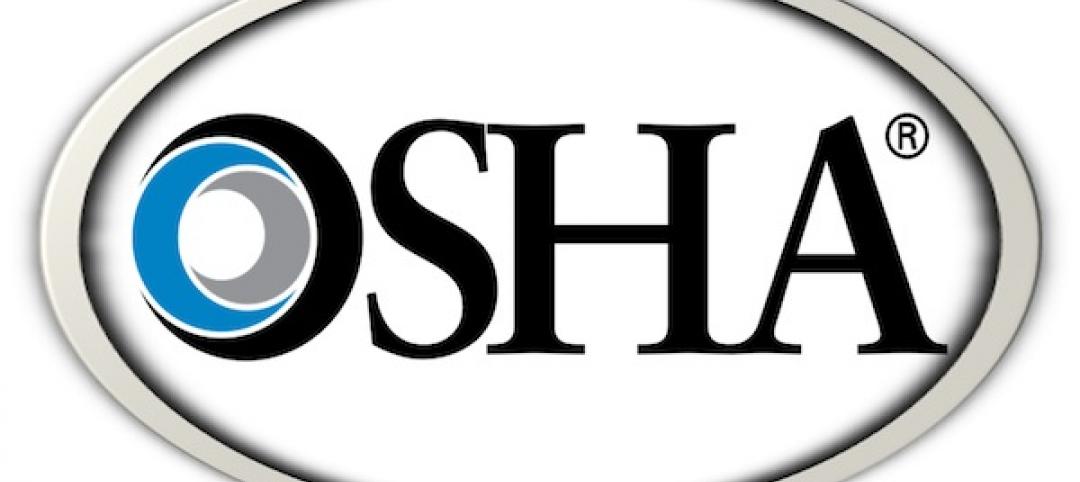The Centers for Medicare & Medicaid Services (CMS), an agency of the U.S. Department of Health and Human Services, published proposed rules this spring that would amend the fire safety standards for hospitals, long-term care facilities, ambulatory surgery centers, hospice inpatient, and many other healthcare facilities that participate in Medicare and Medicaid programs.
CMS proposed adopting the 2012 editions of the Life Safety Code, which includes measures devised by the National Fire Protection Association, and includes the Healthcare Facilities Code. A key change is a requirement that buildings over 75 feet tall have sprinkler systems throughout the structure. Existing buildings would have 12 years to install them.
Automatic sprinkler systems will be required in all habitable areas, closets, roofed porches, balconies, and decks of new residential health care facilities. CMS also strongly encouraged existing facilities to be sprinklered in all habitable areas. Under the new provisions, sprinklers also must be installed in attics of new and existing residential facilities if the attic is used for living purposes, storage, or the housing of fuel-fired equipment. Or, it must have a heat detection system, be of noncombustible construction, or be constructed of fire retardant treated-wood.
Newly-constructed facilities would have to install approved smoke alarms inside every sleeping room, outside every sleeping area, and on all levels within a residential unit. CMS is soliciting public comment regarding whether that requirement should be applied to existing facilities, as well.
(http://www.jdsupra.com/legalnews/new-federal-health-care-facility-regulat-93481/)
Related Stories
| Oct 25, 2012
Nashville providing incentives for green roofs
The city of Nashville, Tenn., is promoting the installation of green roofs through a measure providing a $10 reduction in a property's sewer fees for every square foot of vegetative roof.
| Oct 25, 2012
Net Zero buildings will use operating systems like computers to save energy
As buildings become more efficient and begin to use distributed electricity generation, they will need to become “smarter,” using operating systems much as a computer does.
| Oct 18, 2012
Princeton, N.J. residents upset over proposal to exempt colleges from land use laws
Princeton, N.J. residents criticized proposed legislation that would exempt private colleges and universities from following local land use laws for construction projects.
| Oct 18, 2012
Utah contracting firm challenges state immigration law
Universal Contracting LLC of American Fork, Utah, has filed suit challenging the constitutionality of Utah’s 2011 immigration law.
| Oct 18, 2012
More than 65,000 construction, design jobs may be cut if sequestration takes place
About $2 billion worth of construction and design projects would be eliminated if scheduled federal budget cuts, referred to as sequestration, take effect on Jan. 2, 2013.
| Oct 18, 2012
OSHA investigating parking garage collapse that kills four at Doral, Fla. college
OSHA is investigating the collapse of a five-story concrete parking garage under construction at Miami Dade College West Campus in Doral, Fla. that killed four workers and injured several others.
| Oct 18, 2012
EPA commercial building lead paint rule pushed back to 2015
The U.S. Environmental Protection Agency's inclusion of commercial buildings in a residential lead paint rule is being delayed until 2015.
| Oct 18, 2012
Chicago pushing green roofs to reduce heat island effect
The city of Chicago has mandated that all new buildings that require any public funds must be LEED certified, usually with a green roof.


